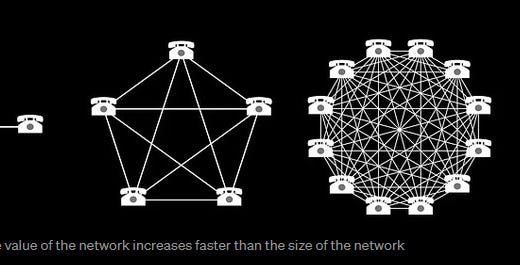ZeroHedge Edit- Bitcoin Cracks $100,000 and BCA's $200k "Network Effect"
It's All Perception Now
While we should expect a near-term retracement, bitcoin’s structural uptrend is intact with an ultimate destination of $200,000+
-BCA Research
INTRO:
Authored by GoldFix,ZH Edit
Bitcoin has breached $100,000 today as ant…



